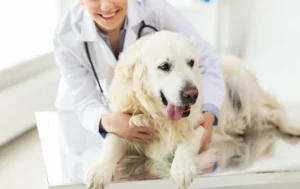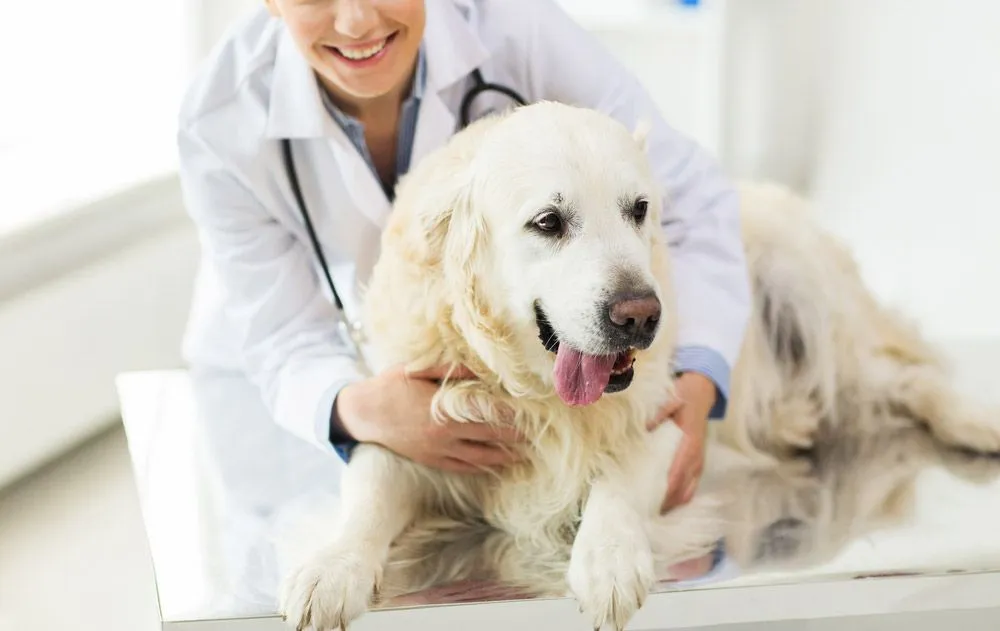Your pet relies on you to keep it healthy and safe. Sometimes, small changes in behavior or appearance can signal a serious problem. By knowing what to watch for, you can act quickly. If your pet shows difficulty breathing, sudden collapse, or has an open wound, it needs immediate medical attention. Lethargy and refusal to eat could also indicate a serious issue. Pay attention if your pet is vomiting, having diarrhea, or showing signs of pain. These symptoms could mean an urgent trip to the veterinarian. In Galloway, if you’re unsure, consult an integrative veterinarian in Galloway. They will help you understand your pet’s needs. Trust your instincts. If something feels off, it probably is. Your quick action can make all the difference. Recognizing these signs empowers you to protect your pet’s well-being when it matters most. Always prioritize your pet’s health by knowing when to seek help.
Recognizing Breathing Problems
Breathing issues in pets can signal critical conditions. Look for rapid or labored breathing, wheezing, or persistent coughing. These signs warrant immediate veterinary attention. Your pet might be experiencing respiratory distress or an underlying heart condition. Acting quickly can prevent serious complications.
Unexpected Collapse
If your pet collapses unexpectedly, this is a red flag. Sudden weakness can indicate severe dehydration, heart problems, or neurological issues. Immediate veterinary care can be life-saving. Trust your instincts and do not wait to see if your pet recovers on its own.
Visible Open Wounds
Open wounds require immediate attention to prevent infection. Your veterinarian will assess the wound, clean it properly, and provide necessary treatment. Ignoring open wounds can lead to serious infections and complications that require more intensive care.
Behavioral Changes and Lethargy
Noticeable behavioral changes or lethargy often signal health issues. If your pet seems unusually tired, disinterested, or withdrawn, take these signs seriously. It could be a sign of pain, fever, or an underlying illness. A quick visit can uncover the root cause and help your pet feel better.
Persistent Vomiting or Diarrhea
Vomiting and diarrhea are common, but persistent episodes can indicate something more severe. Dehydration, poisoning, or gastrointestinal issues are possibilities. Monitor the frequency and duration. If symptoms persist, consult a veterinarian as soon as possible.
Signs of Pain
Your pet might not show pain directly, but look for limping, whining, or changes in posture. These subtle signs indicate discomfort. Reaching out to a veterinarian can prevent the issue from worsening. They can diagnose and alleviate your pet’s pain effectively.
Eating and Drinking Changes
Sudden changes in eating or drinking habits can be a warning sign. If your pet is not interested in food or water, it could signal dental issues, organ dysfunction, or other health problems. Addressing these changes promptly can prevent further complications.
Data Table: Common Signs and Actions
| Sign | Possible Cause | Action |
| Difficulty Breathing | Respiratory or heart issues | Seek immediate care |
| Sudden Collapse | Heart problems, dehydration | Visit veterinarian immediately |
| Open Wound | Injury | Have wound cleaned and treated |
| Refusal to Eat | Dental issues, illness | Schedule a veterinary visit |
When in Doubt
If you’re uncertain about your pet’s symptoms, it’s best to consult a professional. An article from the American Veterinary Medical Association offers more insights into common pet health problems. Remember, your prompt action can ensure your pet receives the care it needs. A knowledgeable veterinarian will provide guidance and help you maintain your pet’s health.

